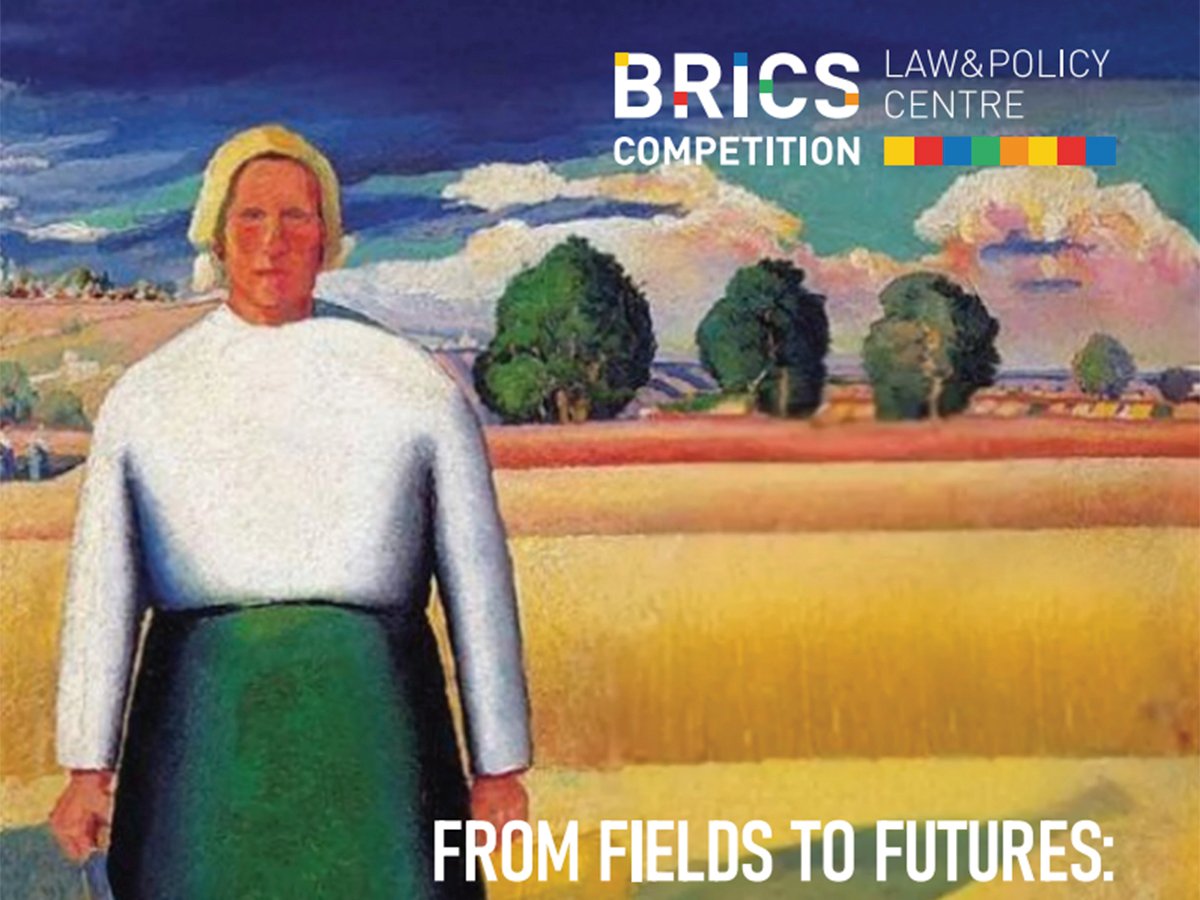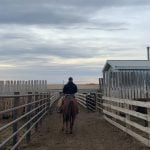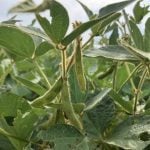Bayer CropScience has added a new requirement to its Gaucho seed treatment user agreement – a requirement that will require growers, rather than seed cleaning plants, to prove that they are not applying Gaucho to illegal brown-bagged canola seed.
Last year, the Gaucho user agreement left many small co-operative seed cleaning plants afraid to treat farmers’ canola because they had no way of knowing, other than sending it away to a lab, whether the seed brought in for treatment was a non-patented variety or illegal, second generation seed.
Read Also

Bunge-Viterra deal alarms global think-tank
Report says potential mergers should be examined throughout global supply chains and not just in local markets
Hugh Baier, manager of Provost Co-operative Seed Cleaning Plant in Provost, Alta., said that once his co-op agreed last spring to comply with Bayer’s terms, they had no trouble getting their hands on the Bayer product.
“The Bayer CropScience guys in Regina were great to deal with. You couldn’t have ordered a hamburger any easier,” he said. “That part of it was really good.”
Last year, the Provost plant cleaned almost 7,000 bushels and treated 4,700 with Gaucho. Two nearby plants declined to sign the Bayer agreement, he said, which may have accounted for some of Baier’s additional business. This year, he expects to see “a lot less” canola coming to the plant.
Baier said that after the April canola cleaning season ended, Bayer followed up with an audit.
“I didn’t feel that they had the right to access customer information, but it went pretty good,” he said.
“I gave them what information I could, which was basically just my
total treating amount.”
Derrick Rozdeba, communications manager for Bayer CropScience Canada, said the first usage agreement, which was required last year, asked the seed cleaners to conduct appropriate due diligence to ensure that they were only applying Gaucho to legal seed.
This year, to give the seed cleaners additional protection from liability, the grower is required to sign as well.
“All we’re asking of them is to do some due diligence to make sure that this product is not being used in violation of any patents. It’s very similar to what you see out there in practices with plant breeders’ rights, where they are also getting signatures and conducting verification.”
Rozdeba said Gaucho is available for anyone to use on open-pollinated, non-patented varieties. But those who might wish to use it on illegal second generation seed should know that they are breaking the law, he said.
“There’s no problem, so long as there isn’t somebody who is lying.”
Baier said that he has shown the new agreement to a few of his customers, but many were “not too happy” about it. The Provost co-op board is looking at whether it will sign the new user agreement by the end of March.
“If (the seed growers) are willing to sign, I’ll clean and treat canola for them,” said Baier, who said he sympathized with legitimate growers who wonder why they must sign.
“Myself, if I was farmer, why would I want Bayer to access my lands, even though I’m not growing an Invigor variety?”
Doug Heaman, a part owner in Clearview Acres Ltd., a seed and grain cleaning operation near Virden, Man., said apart from growing Fortune RR canola two or three years ago for SeCan and treating it with Gaucho, his operation hasn’t handled much canola seed since.
“In the last couple of years it has really dropped off,” he said. “Years ago, a lot of seed growers grew canola. Now there’s very few.”
Now that most seed growers opt for contract agreements with line companies, which supply a package of hybrid certified seed and inputs interest-free until fall, small cleaning plants are left out of the loop, he added.
Bill Ross, executive manager of the Manitoba Canola Growers Association, said that it is important to note that brown-bagging of non-patented, open-pollinated canola seed varieties such as the Polish and Argentinian strains is legal.
“The problem is that they have nothing to treat it with,” he said. “Us, as the canola organization, we support legal brown bag. If you are going to treat illegal brown bag, we can’t support that.”
Gaucho was the last seed treatment available, because Syngenta’s Helix and Bayer’s Prosper were available only for use on patented seed, he said.
“Farmers with legally saved canola should have the right to treat it or have it treated somewhere,” said Ross.
Heaman said Bayer’s user agreement last year made it too risky for cleaning plants to handle questionable seed.
“The contract we signed last year was pretty clear on that. Even if the farmer came in and told us it was say, Westar, an old, old variety, and then Bayer came in and checked it, and said it was their InVigor, we’d be liable, not the farmer that brought the seed in,” he said.
Don Fadden, manager of the Vermilion Seed Cleaners’ Co-op Association Ltd., in Alberta said his co-op refused to sign the waiver agreement with Bayer last spring.
Since then, it has not handled any canola.
“We can’t get the chemicals to treat it,” he said. “We had a bunch of waivers to sign and we didn’t go with it because it’s kind of sticking your neck out. You’re only as good as the guy’s word.”














